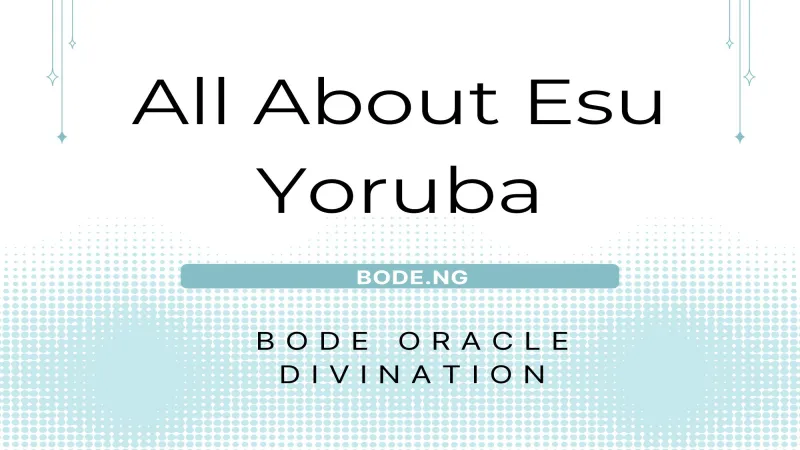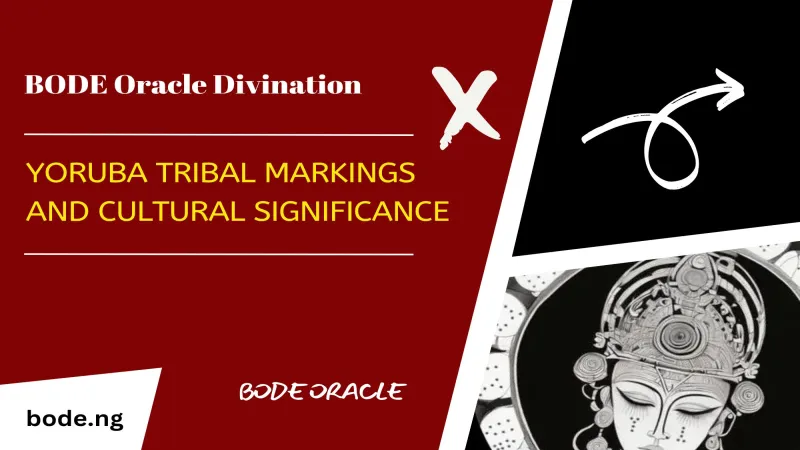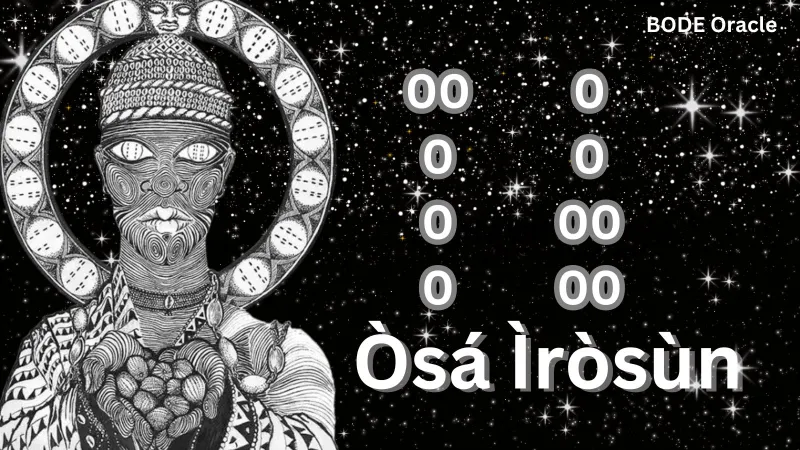Èṣù is a central figure in Yoruba spirituality, also known as ìṣẹ̀ṣe, and holds a pivotal role as both an Òrìṣà and Irúnmọlẹ̀. He is considered a primordial deity, delegated by Olódùmarè, who descended from Ìkọ̀lé Ọ̀run (the spiritual realm).
Èṣù serves as the Chief Enforcer of natural and divine laws, overseeing law and order in the cosmos. As Yoruba religion has spread globally, Èù is recognized under various names while maintaining similar beliefs.
His other names include Ẹlẹ́jẹ̀lú, Olúlànà, Ọbasìn, Láarúmọ̀, Ajọ́ńgọ́lọ, Ọba Ọ̀dàrà, Onílé Oríta, Ẹlẹgbára Ọ̀gọ, Olóògùn Àjíà, Láàlú Ògiri Òkò, Láàlù Bara Ẹlẹ́jọ́, and Láaróyè Ẹbọra tí jẹ́ Látọpa.
Èṣù is renowned for his dual nature as both a trickster and a divine messenger, acting as an intermediary between humans and the divine. He embodies intelligence, unpredictability, and versatility, making him one of the most dynamic deities in the Yoruba pantheon.
Èṣù's significance is reflected in his ubiquitous presence and influence. Unlike other Òrìṣàs and Irúnmọlẹ̀s, every day of the four-day traditional Yorùbá week is considered his worship day (Ọjọ́ Ọ̀ṣẹ̀), emphasizing his universal relevance in Yoruba spirituality.
This is captured in the phrase: "ọjọ́ gbogbo ni ti Èù Ọ̀darà" (every day belongs to Èṣù Ọdarà). One of Èṣù's controversial attributes is reflected in the phrase "A-bá-ni-wá-ọ̀ràn-bá-ò-rí-dá" (He-who-creates-problems-for-the-innocent).
This phrase highlights his unpredictable and complex nature. Èù Ọ̀darà, known as the ruler of crossroads, holds a unique and influential place within Yorùbá society and spiritual practices, embodying both order and chaos in equal measure.
READ MORE
Yoruba Names For Boys And Their Meaning
Who Is The Most Powerful Yoruba King?
Yoruba Girl Names And Their Meaning
Roles and Attributes Of Esu Yoruba
Èṣù is not only a messenger to Olódùmarè but also serves as a mediator for the other Irúnmọlẹ̀s/Òrìṣàs. Additionally, he acts as an intermediary between the Ajoguns (evil spirits), the Irúnmọlẹ̀s/Òrìṣàs, and humans (*ẹ̀dá èèyàn*).
As part of his role, Èṣù oversees the distribution of sacrifices (ẹbọ) and ensures their proper delivery to the Ajoguns. In some Yoruba traditions, amulets representing Èṣù, often covered with divination boards, are used in spiritual practices.
Èṣù is closely associated with Eleggua, the messenger for all Orishas, and is often considered an alternate name for him. While there are said to be 256 paths to Eleggua in Ifá traditions, Èṣù in the ìṣẹ̀ṣe religion is believed to have 101 paths according to ocha practices.
Èù is regarded as the "Father who gave birth to Ogboni" and is known for his agility and readiness to confront challenges. He resides at the center of opposing world forces, regulating the balance between joy, happiness, and fulfilment on one side and destruction, sorrow, and despair on the other.
This balance is reflected in his role as an arbiter of justice and fairness through sacrifices, rituals, and propitiations. Èù demands from those who must give and ensures that those in need receive within the context of these sacred acts.
See More Trending Post
Yoruba Alphabet And Pronunciation
Yoruba Mythology Deities And Orisa
Ifa Yoruba A Global Spiritual Practice
Èṣù protects communities, priests, priestesses (àwọn Ẹlẹ́gùn), devotees, and Awos from evil forces, rewarding those who perform the appropriate sacrifices and rituals with his favor, as expressed in the phrase: "ẹni tó bá rúbọ l'Èṣù ń gbè!" (Èṣù supports those who make sacrifices).
He is also a close companion and collaborator of Ọ̀rúnmìlà, the custodian of Ifá, a divinatory system containing divine wisdom and the esoteric language of Olódùmarè. Together, they maintain order, impart wisdom, and ensure spiritual harmony. Èṣù’s name varies across cultures and spiritual practices worldwide.
In Yorùbáland, he is known as Èṣù-Elegba or Láolu-Ogiri Ọ̀kọ̀. In other traditions, he is recognized as Exu de Candomblé in Candomblé, Echú in Santería, Legba in Haitian Vodou, Leba in Winti, Exu de Quimbanda in Quimbanda, Lucero in Palo Mayombe, and Exu in Latin America. These variations reflect his universal influence while retaining the core aspects of his nature and role in Yoruba spirituality.



